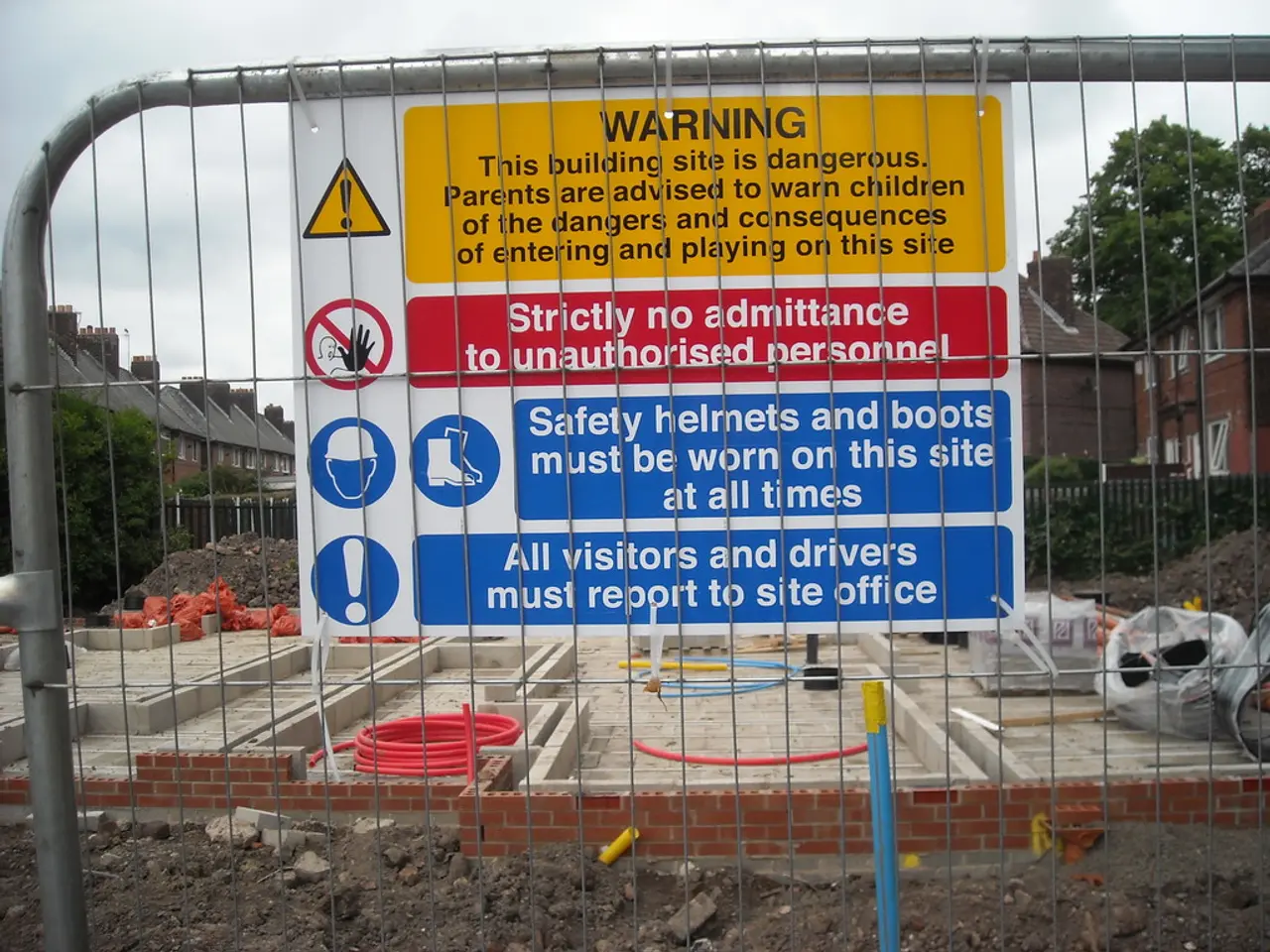Enterprise Compliance hurdles addressed through DevOps adherence - Overcoming impediments to readiness for compliance in enterprises
In today's digital landscape, businesses, particularly those in sectors like healthcare, FinTech, and SaaS, are increasingly turning to DevOps for regulatory compliance. This shift towards DevOps is aimed at automating time-consuming processes, such as managing and analyzing pull requests, access restrictions, failovers, and code coverage, review, thereby streamlining compliance processes.
However, the adoption of DevOps for compliance management isn't without its challenges. Some regulated companies have expressed reluctance due to risk aversion, the difficulty in changing legacy processes and systems, and a siloed work culture. These concerns are not unfounded, as DevOps, with its frequent changes, can be seen as a risk to governance controls and security by highly regulated companies.
To address these concerns, it's crucial to incorporate compliance best practices in the DevOps cycle. This approach can help businesses achieve real-time monitoring, better security, and seamless collaboration between teams. Infrastructure as Code (IaC) plays a significant role in this, enabling auditable and consistent infrastructure configuration and provisioning, making it easier to replicate the same compliance infrastructure across multiple environments and track changes.
Document management should be a shared responsibility of teams working on releasing and making changes. Team collaboration plays a pivotal role in eliminating documentation bottlenecks. Auditing of software should occur at all phases of the DevOps CI/CD pipeline to ensure compliance requirements are met at each stage.
The role of DevOps engineers in this transformation is instrumental. They are IT experts skilled in both software development and system administration, acting as facilitators promoting collaboration between development and operations teams, implementing security policies (DevSecOps), and providing technical support and coaching to optimize processes and tools within the DevOps culture.
Big-tech companies like Amazon Web Services, Netflix, Capital One, Microsoft, NASA, Target, and Pfizer have already started using DevOps compliance solutions. Partnering with the right team of DevOps consultants is key to the smart integration of DevOps for compliance, ensuring a smooth implementation with no glitches involved.
Incorporating compliance early in the software lifecycle, employing automated configuration management, and infrastructure as code, and ensuring inter-team collaboration are best practices for DevOps compliance integration. By doing so, businesses can reap the benefits of real-time compliance monitoring, lowered compliance risks, consistency and scalability, efficiency in auditing, better communication and collaboration, and better security preparedness.
In an era where businesses face frequent hacks and privacy breaches in the software domain, making compliance with regulations like HIPAA, PCI-DSS, GDPR, HITECH a priority is more important than ever. The integration of DevOps for compliance management offers a promising solution to this challenge, paving the way for a more secure and efficient digital future.
Read also:
- Peptide YY (PYY): Exploring its Role in Appetite Suppression, Intestinal Health, and Cognitive Links
- Toddler Health: Rotavirus Signs, Origins, and Potential Complications
- Digestive issues and heart discomfort: Root causes and associated health conditions
- House Infernos: Deadly Hazards Surpassing the Flames








